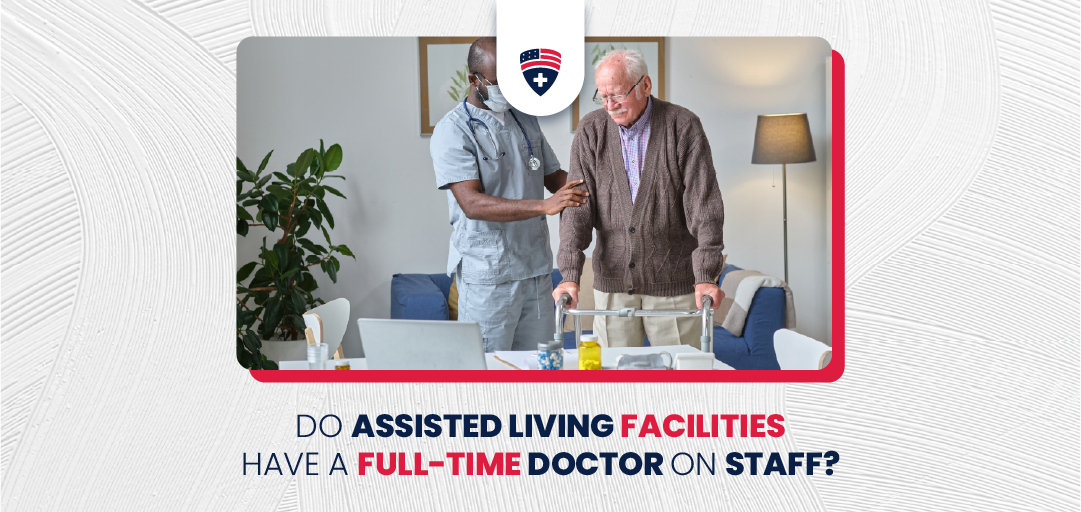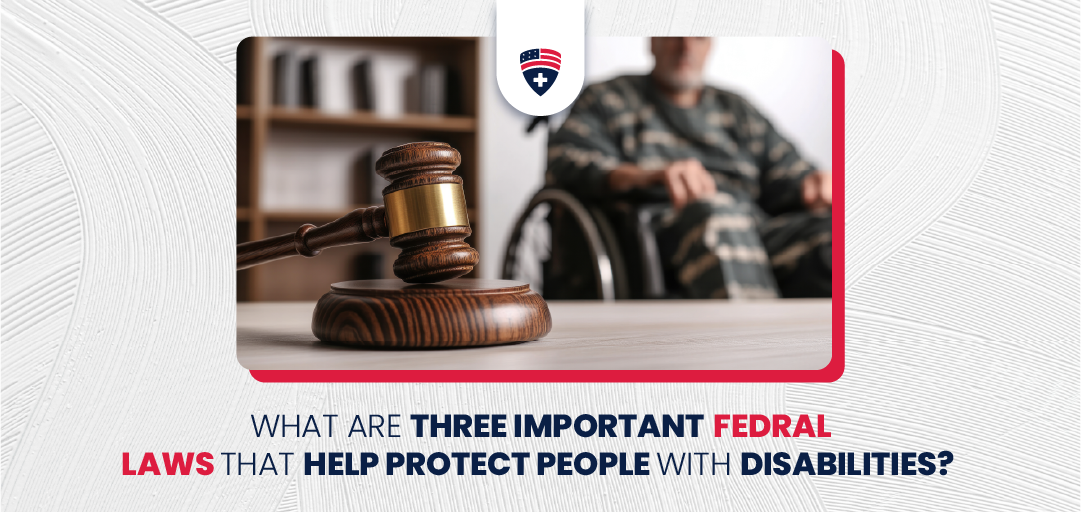
What Does a Chief Compliance Officer Do?
In today’s complex regulatory environment, the position of Chief Compliance Officer (CCO) is more crucial than ever.
But what does a Chief Compliance Officer do, and why is this role so important?
Below we look at the meaning, responsibilities, and significance of the Chief Compliance Officer (CCO) role.
The American Healthcare Compliance provides educational sessions regarding laws and rules.
These trainings prevent penalties and protect patient trust and confidentiality. Contact us for more information.
What Is a Chief Compliance Officer?
A chief compliance officer, also known as a CCO, is a high-ranking manager. Their job is to monitor and control how well an organization meets legal, regulatory, and internal rules.
The role of a CCO includes making sure that the firm sticks to all important laws and rules. They also ensure that ethical values are kept in all organization activities.
What Does a Chief Compliance Officer Do?
In healthcare organizations, Chief Compliance Officers (CCOs) have a crucial role. They have many responsibilities. Key duties include:
- Creating and Managing Compliance Programs
CCOs design and run programs to ensure compliance with all laws.
- Overseeing Compliance
They track and evaluate the organization’s compliance with policies and regulations. They also pinpoint potential risk areas.
- Training Employees
CCOs educate staff on compliance and train them on relevant laws and policies.
- Investigating Issues
When compliance issues arise, CCOs investigate. They seek the causes and suggest solutions.
- Formulating Corrective Action Plans
They work with leaders to create and enforce plans. These plans aim to fix ongoing compliance issues.
The Importance of Compliance Work
Compliance work is vital. It ensures organizations operate within legal and ethical boundaries.
Good compliance management prevents legal issues. It keeps operations strong and builds a positive culture.
The CCO plays a critical role in driving these outcomes through their oversight and leadership.
Chief Compliance Officer Training and Qualifications
For success, a chief compliance officer needs to be skilled in compliance, law, or healthcare management. Let’s look at crucial parts of chief compliance officer education and qualifications:
- Educational Background
Typically, a CCO possesses education in law, managing healthcare, or a similar domain. Having further education or certificates in compliance can be advantageous.
- Professional Experience
Experience in compliance roles, law, or healthcare management is crucial. Many CCOs were compliance attorneys or associates. They added much-needed knowledge to the job.
- Certification and Continued Education
Certifications like the Certified Compliance and Ethics Professional (CCEP) can improve a CCO’s qualifications.
Continuing education and professional growth play a big role too. They help keep up with changing regulations and the latest top strategies.
What Skills are Essential for a Healthcare Compliance Officer?
Along with the needed education and experience, some skills and traits are vital for the chief compliance officer role:
- Effective Communication: Compliance officers must explain things so everyone can understand. This applies to workers, leaders, and outsiders.
- Strong Analytical Abilities: They need to be good problem solvers. They should be able to identify issues before they become problems and come up with real-world fixes.
- Detail-Oriented: A compliance officer needs to pay attention to everything. Even little details could turn into big problems
- Leadership Capabilities: It’s up to the compliance officer to make sure everyone follows the rules. That takes strong leadership.
- Team Collaboration: Compliance officers can’t do their job alone. They have to get along with everyone else in the organization.
- Integrity: Above all, compliance officers must ensure adherence to legal and ethical standards.
Healthcare organizations should check if job applicants have the right education and skills.
What to Look for When Hiring a Chief Compliance Officer?
Hiring the right compliance officer is crucial for healthcare organizations. They ensure the organization sticks to every law and rule.
When hiring new talent or training staff, expertise matters.
The ideal officer has healthcare experience. They know the rules. They communicate well, analyze, and observe.
They should also be honest, have leadership skills, be adaptable, and be able to solve problems and stay organized.
While it’s a lot to expect from one person, these qualities are essential for the job to be done well.
Compliance Position in Different Organizations
The role of a CCO can vary:
- In Larger Organizations: The CCO may lead a dedicated compliance team.
- In Smaller Companies: They might handle multiple compliance tasks.
Regardless of size, having a dedicated compliance professional is essential for maintaining regulatory standards.
Compliance Associate and Related Roles
Compliance teams operate in a hierarchy. The chief compliance officer leads while supporting roles execute their vision.
Compliance associates implement policies and handle day-to-day tasks, working under the CCO’s guidance.
This structure allows for efficient delegation of compliance programs across an organization.
By delineating responsibilities, companies ensure comprehensive coverage of regulatory requirements at all levels.
What Is a Compliance Manager?
Another role related to compliance is the compliance manager.
This position involves overseeing daily compliance programs. It ensures staff follow policies and procedures.
The compliance manager often works with the CCO to fix compliance issues and improve processes.
The Relationship between Compliance and Legal Teams
A compliance attorney aids in upholding compliance work by giving legal counsel. They guarantee that the company’s rules are in line with established law.
The CCO deals with overall compliance matters, while the attorney delivers tailored legal advice.
To Wrap It Up- What Does a Chief Compliance Officer Do?
A chief compliance officer, or CCO, is very important. They help a company stay within the rules.
They do this by creating and watching over programs that help the company follow the laws. They manage risks and promote honesty within the team.
It helps protect the organization from running into issues with regulation. It also helps the company to be successful for a long time.
A chief compliance officer’s tasks and role show the need to follow rules to meet company goals.
FAQs
What does a Chief Compliance Officer Do daily?
A CCO’s daily tasks include:
- Overseeing compliance programs
- Conducting audits
- Providing training
- Reporting on compliance issues to senior management
How is the Chief Compliance Officer role different from a Compliance Manager?
The CCO is a top leader who shapes the big-picture compliance approach, whereas a Compliance Manager works on the operational aspects. They introduce and handle compliance schemes and rules.
How does one become a Chief Compliance Officer?
To become a CCO, you usually need a mix of
- Advanced Education
- Relevant Certifications
- Extensive Experience in Compliance
- Risk Management
- Legal Role






